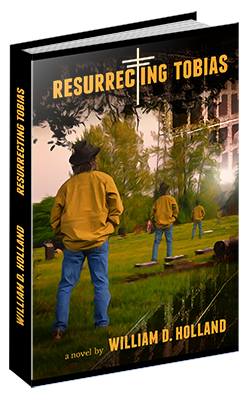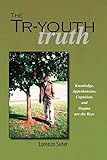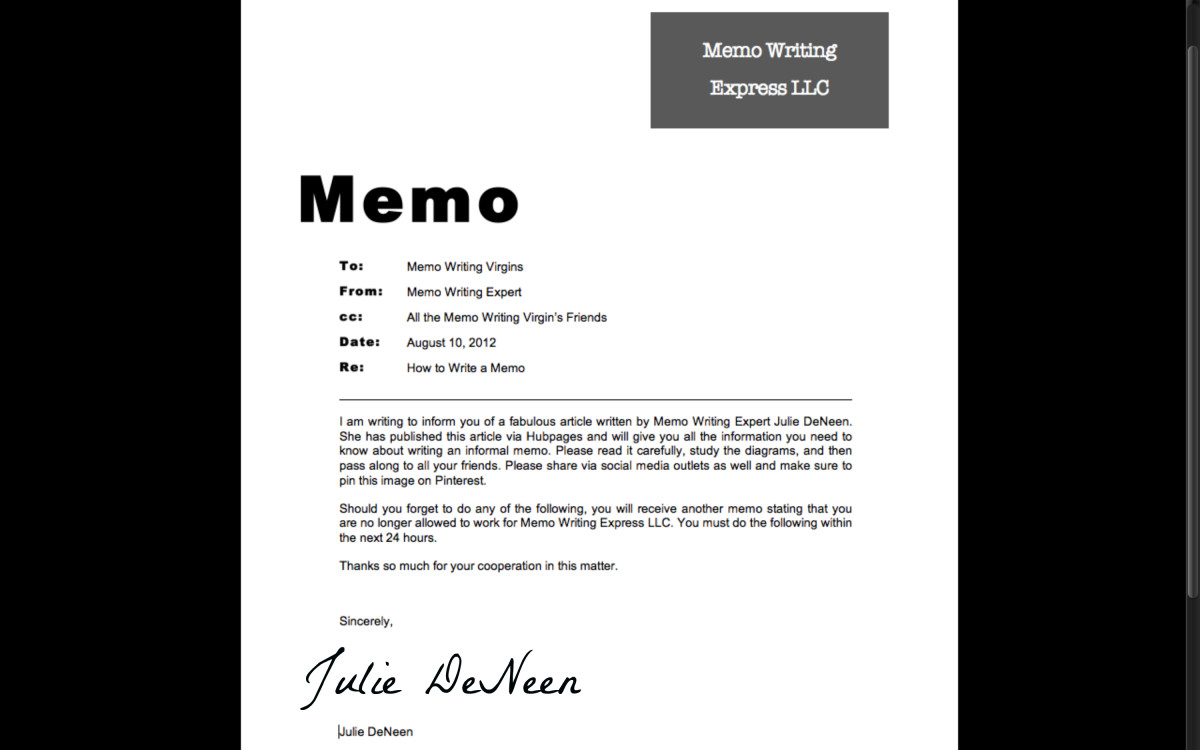The Writer's Mailbag: Installment One-Hundred and Thirty-Three
Friday the 13th
I write this on Friday the 13th. I’m not superstitious but just in case, if this Mailbag sucks, it wasn’t my fault. Blame the universe!
It really is remarkable, you know, one-hundred and thirty-three installments to this series, over two-and-a-half years, and it’s all because of you folks and your constant support. We pick up new readers each week, and the questions remain fresh and interesting and hell, let’s shoot for infinity and beyond, shall we?
Let’s do it!

APPREHENSION
From Eric: “I am sure that you suffer like most writers a bit of "clay feet" or doubt of the worthiness of your work -- clearly not a debilitating condition but some. What is your little trick to get out of the apprehension hesitation?”
Eric, for sure, I suffer from that daily. I know a lot of people don’t believe it, but I have serious self-doubt when it comes to my writing abilities. I constantly chastise myself for not being as good as I should be, or for not being picked up by an agent or publisher, or for wasting my last remaining years on this silliness, or for not having a “real job” and contributing more to our financial situation.
My little trick?
My little trick is the memory of my father. He won’t let me give up, period, end of story. I can hear his words while I work, and, should I start whining or complaining, I hear him telling me that “any man who shrinks from challenge is no man at all,” or “strap on some balls and be a man, Bill,” or “life isn’t easy so don’t expect handouts.”
My dad was a tough man. He loved me with all his heart, but he was not one to sugarcoat his parenting approach. He had to scrape his way through the Great Depression, and if he could do that then by God his son could handle any problem that came along.
It turns out he was correct, Eric. I knew when I started this writing journey that it was a long-shot at best and yet I took on the challenge. Just because I haven’t struck gold yet is not an excuse for quitting. My old man worked a physical labor job in a sand and gravel pit for twenty-five years, so what I’m doing is a walk in the park by comparison.

Intellectual Property
From Linda: “Let’s say that one of us lands that dream job—writing a column for a newspaper. Once our words are published, are they still “our words”, or does the newspaper now own them? If those precious words/thoughts/ideas now belong to the the Daily Planet, wouldn’t that prevent us from using those same words/thoughts/ideas to publish our own collection of poetry, how-to-manuals, cookbooks?”
Linda, I’m amazed, each week, that I still get new questions after two-and-a-half years of doing this series. You just amazed me again, and I love being amazed. Great question!
The answer depends on the contract you sign. There are various “rights” with regards to publishing in a newspaper or magazine. “First serial rights” means the publication has exclusive rights and ownership of your piece for one publication only. After that one publication the rights transfer back to you. There are also “second serial rights” which means what it says, that a publication is paying for the right to re-print a previously published article. The one set of rights you want to avoid, as a writer, is the “exclusive rights” clause, which means you are selling your article to the publication forever. Do that and you are permanently screwed with regards to publishing a collection of your work later on.
To put it all in a nutshell, avoid signing away an article under the “exclusive rights” clause. It’s a killer for your future plans.
Age of Characters
From Dee: “You may have already addressed this in an earlier mailbag delivery but is it important to give the reader the age of your character early on? Should it be obvious from your introduction without actually stating the age? I appreciate and value your advice, Bill.”
Dee, congratulations, this is another new question. I can’t tell from your question whether you are talking about the main character or any character in a book you write. My general rule, but this is just what I’m comfortable with, is to give at least a hint of age in my initial description of the secondary characters. “He approached the woman at the counter, a bleach-blonde forty-something carrying far too much weight for her height of five-three.” I consider that description sufficient for the “bit players” in my books.
As for the main characters, I usually give hints through the first few chapters about their age. “Back in high school, God was it really twenty years ago, I would stay out late and never worry about such a silly thing as beauty rest.” Now in that example yes, I could have just come out and said the character was about thirty-six or thirty-seven, but I like this approach better, and yes, I try to do it early on, in the first couple of chapters. I want the readers to feel comfortable with the main characters early on, and giving the age is certainly something most readers would want to know.

Historical Fiction
From Lisa: “I’m currently writing a historical fiction; well, I’m early on in it, but I’ve come to a struggle of conscience. How much freedom do I have when writing about real people from the past? Do I open myself up to libel or a lawsuit if I just make stuff up about a real person?”
And once more we have a brand new question!
Let me borrow from “Rights of a Writer” for a great answer to your question, Lisa:
“You do not libel someone simply by depicting him or her in fictional circumstances. Libel requires a false and defamatory statement of fact "of and concerning" an identifiable living person (or business entity). If real people are depicted in your work only as engaging in acts they actually engaged in, there is no "falsity." If real people are depicted in your work only as engaging in acts that are not at all untoward, there is no reasonable claim for that your work is "defamatory." (Of course, your model's view of whether he or she has been held up to shame and ridicule may differ markedly from yours.) Finally, if readers would not understand the statements you are making about your fictional character to be statements about a real person, then the statements are not "of and concerning" that person.”
In other words, Lisa, if you can avoid calling a real person a child molester, then you are pretty safe in writing about that person. Historical fiction, by definition, is going to require you to use real people from history. Just try and keep it A-rated in case there are any ancestors of that person lurking around looking for a reason to go to court.
Let me put it another way. In New York, where God knows there is no shortage of publishers and writers, there has only been one case of libel that was successful in the last twenty-five years.
I like your chances, Lisa!
More about writing on my blog/website
- Artistry With Words | Helping writers to spread their wings and fly
Helping writers to spread their wings and fly
So There You Go
Great questions! Let me repeat, GREAT QUESTIONS!
We survived Friday the 13th, so let’s all breathe a sigh of relief. Monday is upon us and that means a new week of possibilities awaits.
2017 William D. Holland (aka billybuc)
“Helping writers to spread their wings and fly.”











